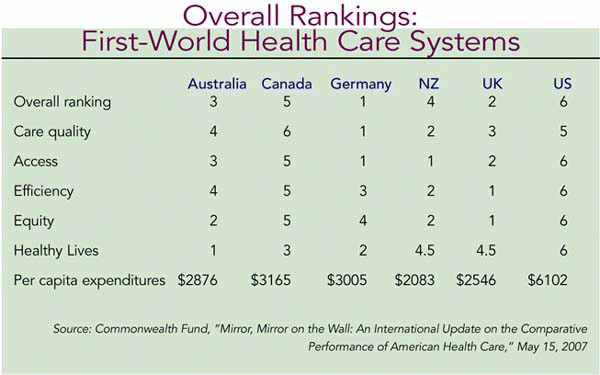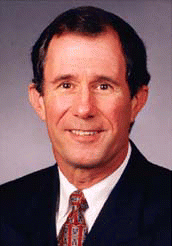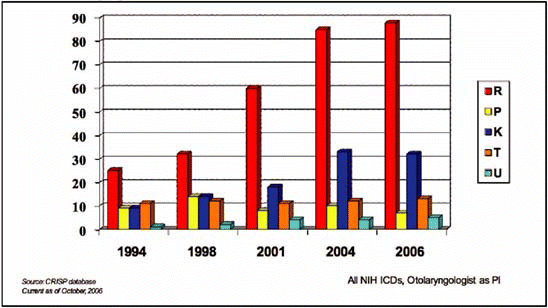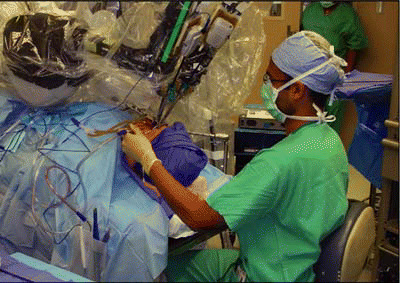An FDA-cleared, noninvasive treatment approach that utilizes neural stimulation to desensitize patients to the disturbing impact of tinnitus has achieved consistently positive results in a controlled clinical study in Australia.


An FDA-cleared, noninvasive treatment approach that utilizes neural stimulation to desensitize patients to the disturbing impact of tinnitus has achieved consistently positive results in a controlled clinical study in Australia.

Executives, royalty, and even the indigent seeking the world’s best, most advanced medical care find it in the United States.

I was sued only once during my surgical career.

An important success story has been quietly taking place at the National Institutes of Health over the last decade, which bodes well for patient care, for science, and for the specialty.

To date, various studies have demonstrated an increase in the incidence of orbital and skull base erosion in African Americans and males diagnosed with allergic fungal rhinosinusitis (AFRS), but other factors have yet to be delineated.

Sublingual immunotherapy (SLIT) is effective in controlling allergic symptoms in a preliminary patient cohort, according to a study presented April 27 at the Combined Otolaryngology Spring Meeting.
Although the most commonly seen cases of laryngomalacia (LM) are in very young children, clinicians should consider late-onset LM as a potential cause of feeding difficulties in toddlers, sleep apnea in children, and teenage exercise intolerance, according to researchers at Cincinnati Children’s Hospital Medical Center and the Mayo Clinic.

